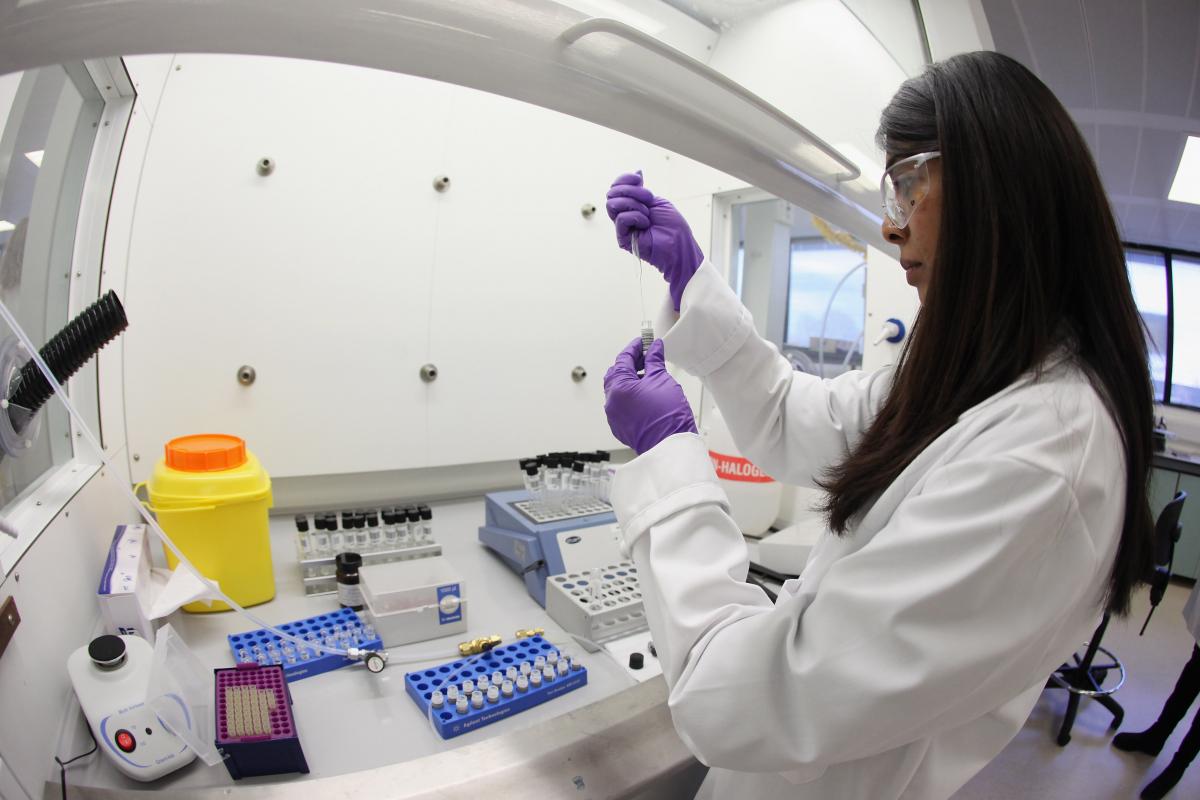Italian ice sledge hockey player suspended for 18 months for anti-doping rule violation at Sochi 2014
13 Mar 2014
The IPC will continue to educate athletes and their support staff on the importance of anti-doping.
All results obtained from 4 March 2014, the date of the test and onwards, will be disqualified with all the resulting consequences including forfeiture of any medals, points, records and prizes.
The International Paralympic Committee (IPC) has announced that Italian ice sledge hockey player Igor Stella has been suspended for 18 months and fined EUR 1,125 for an Anti-Doping Rule violation committed at the Sochi 2014 Paralympic Winter Games.
Stella returned an adverse analytical finding for clostebol metabolite 4-chloro-4-androstene-3a-ol-17-one in an out of competition urine sample provided on 4 March, three days prior to the start of the Winter Games.
This substance is classified as S1.1A Exogenous AAS/clostebol (Prohibited Substance) on the World Anti-Doping Agency (WADA) 2013 Prohibited List and is prohibited both in and out of competition. The Prohibited Substance is not a "specified substance" on the Prohibited List.
In accordance with the IPC Anti-Doping Code, and with the IPC also being the International Federation for the sport of ice sledge hockey, Stella will serve an 18 month suspension for the offence beginning on 4 March 2014; the date of sample collection. The reduced sanction acknowledges that the athlete knows how the substance entered his system and that the Hearing Panel accepts it was not to enhance his performance.
All results obtained from 4 March 2014, the date of the test and onwards, will be disqualified with all the resulting consequences including forfeiture of any medals, points, records and prizes.
The principle of strict liability applies to anti-doping matters. Therefore, each athlete is strictly liable for the substances found in his or her sample, and that an anti-doping rule violation occurs whenever a prohibited substance (or its metabolites or markers) is found in his or her bodily specimen, whether or not the athlete intentionally or unintentionally used a prohibited substance or was negligent or otherwise at fault.
As a signatory of the World Anti-Doping Code (WADC), the IPC remains committed to a doping free sporting environment at all levels. The IPC, together with the International Federations and the National Paralympic Committees, established the IPC Anti-Doping Code to prevent doping in sport for Paralympic athletes, in the spirit of fair play. The IPC Anti-Doping Code is in conformity with the general principles of the WADC.

 Facebook
Facebook
 Instagram
Instagram
 Twitter
Twitter
 Youtube
Youtube
